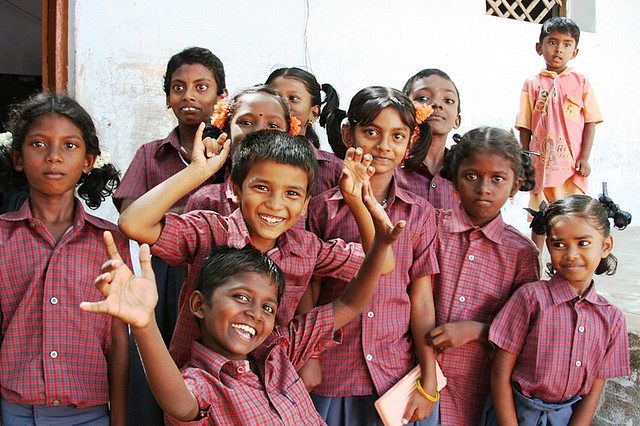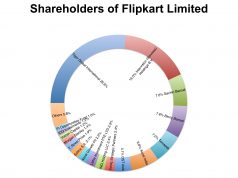According to a comprehensive survey of school enrollment conducted in 2009 by the Indian government, there were 120,166,800 boys and 108,828,694 girls enrolled in grades 1 through 12 across India. While male enrollment slightly outnumbered female enrollment by 1.1:1, the ratio is the same as the overall male-to-female population ratio of school-age children. In absolute numbers, there are more boys attending school because there are more boys in the population. However, raw enrollment numbers don't tell the whole story and make comparisons across states meaningless, since state populations range from tens to hundreds of millions. Nor do classroom sex ratios tell the whole story. It doesn't matter that girls make up 50% of a grade if their proportion of the population is more than half.
In order to better understand enrollment patterns, the schools data must be tied to the population census. If we look at the proportion of all school-age boys who were enrolled (similar to the Gross Enrollment Ratio or GER) and compare that to the portion of girls that were enrolled, we can then compare across states and also between grades. We then see that there are wide disparities in gender enrollment rates among the states. In Rajasthan a the enrollment ratio of boys is higher than of girls, while in Assam it is the other way around. On the other hand, both boys and girls are enrolled at lower rates in Assam than in Rajasthan.
The chart below presents the ratios of males (in blue) and females (in pink) enrolled in school to the population of males and females of corresponding age by grade and by state. The ratio can be greater than 1 since children may have had birthdays during the school year, entered the grade earlier or later, and grade repetition. One caveat is that the population figures come from the census conducted in 2011, while the enrollment figures date from September 2009. Therefore the two data sets do not align. I have used the census data for ages 7-18 (rather than ages 6-17) to try to adjust for the time discrepancies.







